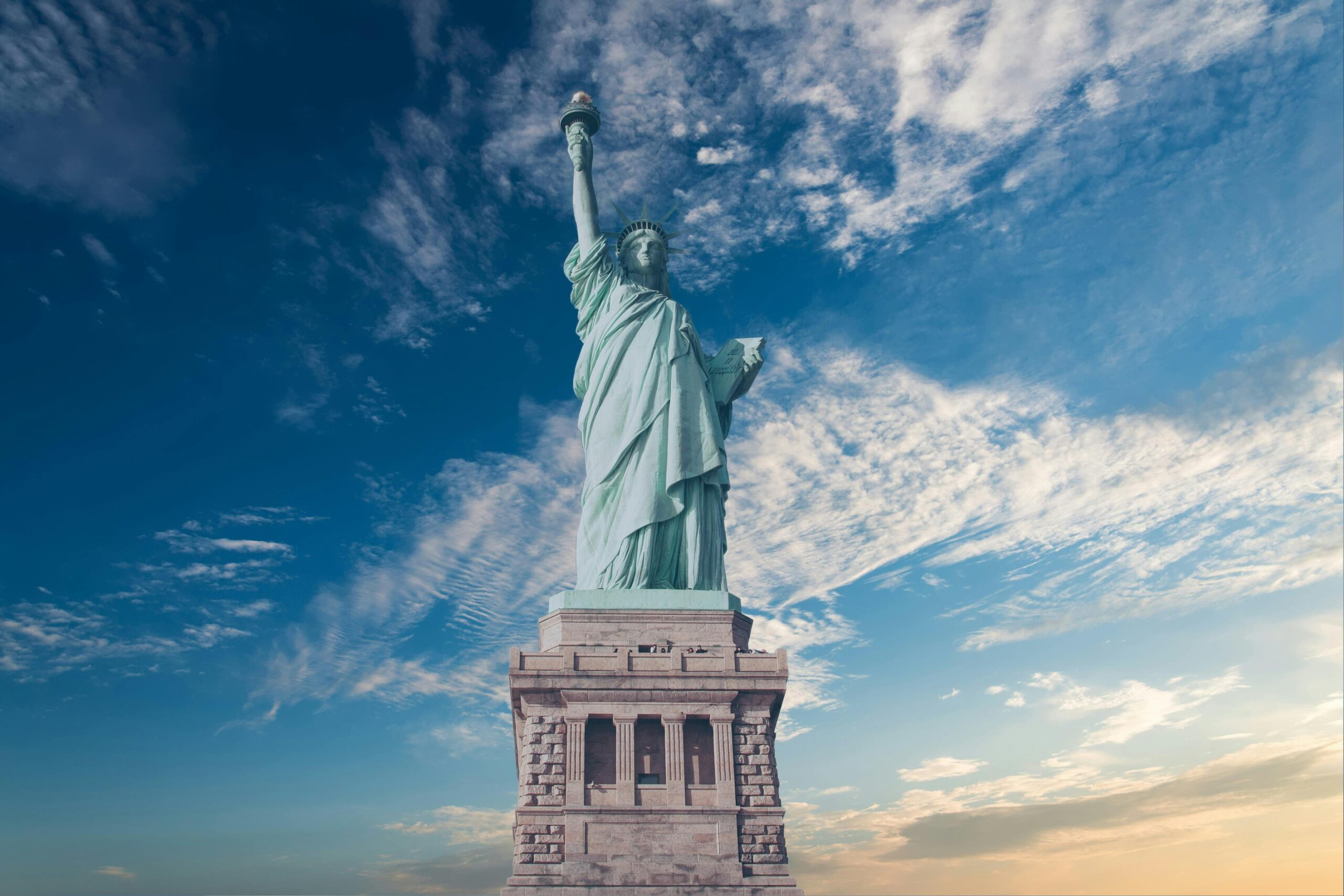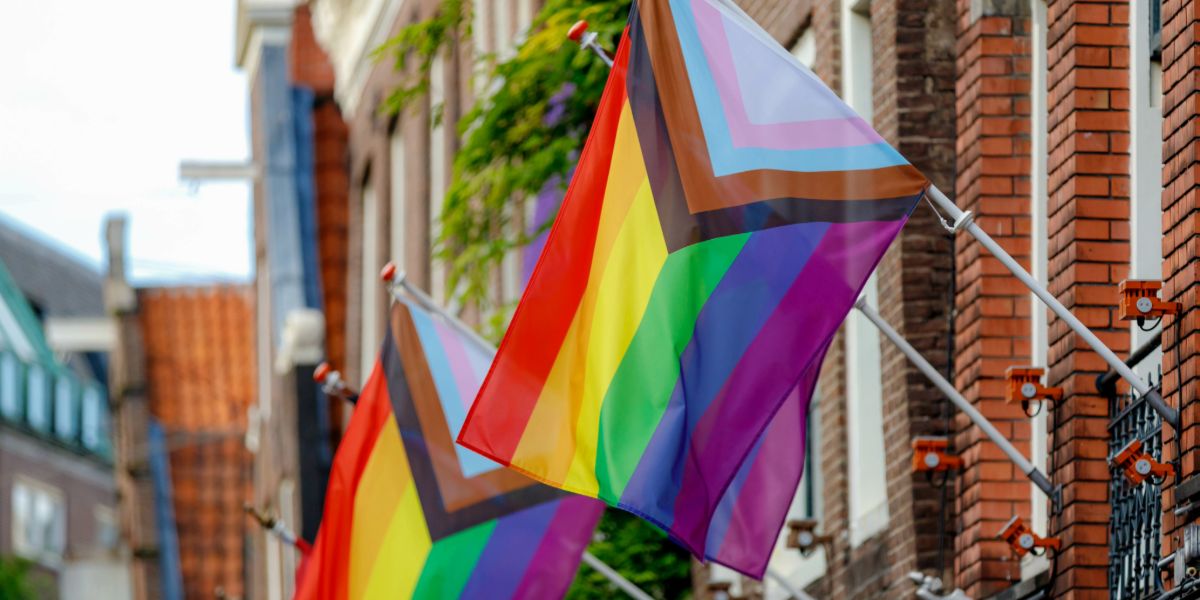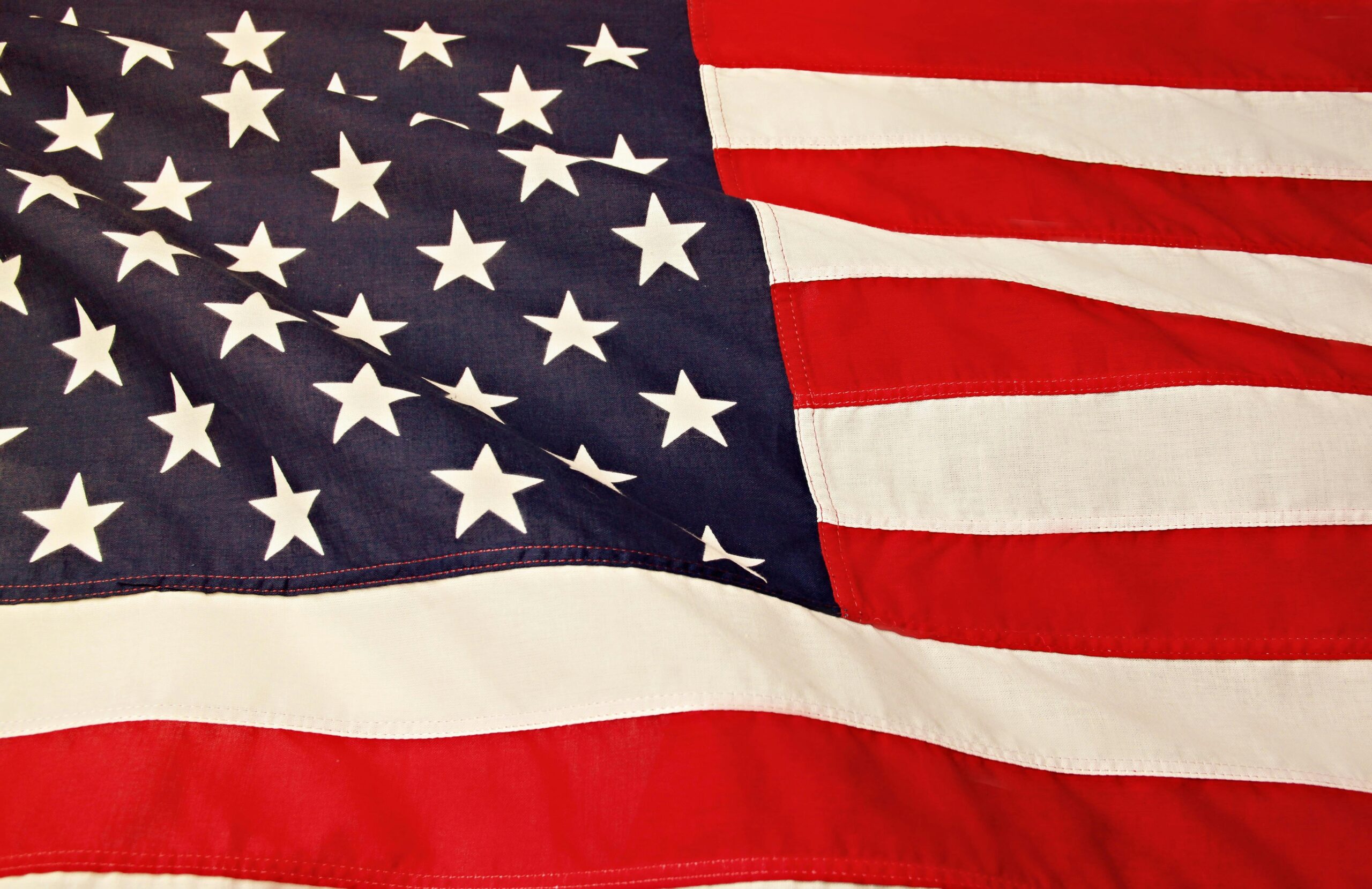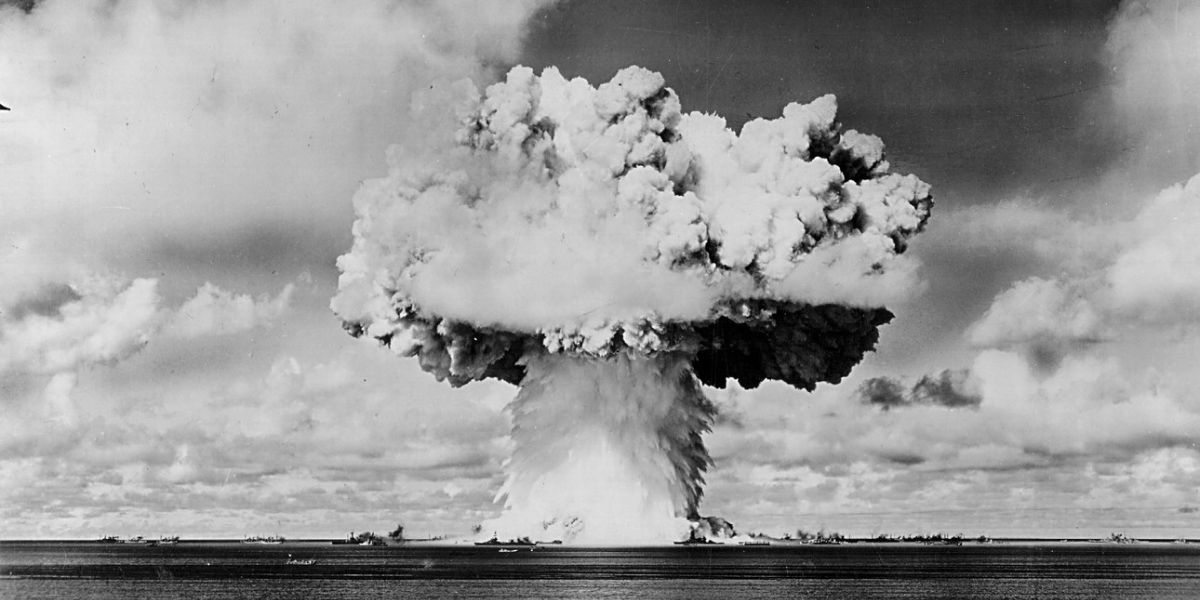On January 20, 2025, President Donald Trump made a sweeping move to pardon almost everyone involved in the U.S. Capitol riot that took place on January 6, 2021. This decision was seen as one of his first actions after returning to office, sparking both support and controversy across the nation. The move primarily aimed to address what Trump described as a “national injustice” linked to the events of that day.
Trump’s announcement focused on reconciliation and healing the country, which he claimed had been fractured by the 2020 presidential election. Though Trump continues to argue that the election was “rigged,” his statement framed the pardons as an attempt to restore balance and unity.
While the pardons cover the majority of individuals involved, there are exceptions for the most violent offenders in the riot. The total number of pardons is significant, especially since more than 700 people had faced charges related to the riot. Among those who will be pardoned are several individuals from Arizona who were involved in the Capitol attack.
Arizona’s Role in the Capitol Riot
At least 11 people with Arizona connections were convicted in connection with the January 6th events. Some of these individuals gained national attention, including Jake Angeli, who became known as the “QAnon Shaman.” Angeli was widely photographed during the riot, wearing a distinctive horned helmet and face paint. He was one of the first rioters to enter the Capitol and played a leading role in the disruption of the congressional certification of the 2020 election results.
Angeli, whose legal name is Jacob Chansley, was arrested soon after the riot and pleaded guilty to obstructing a civil proceeding in 2021. He was sentenced to prison but has long expressed a desire for a pardon. After Trump’s decision, Chansley and other pardoned individuals were given the chance to leave behind their legal battles, which many view as politically motivated.
Key Arizona Figures Affected by the Pardon
Apart from Chansley, several other Arizonans faced legal consequences after the riot. Edward Vallejo, a member of the far-right Oath Keepers militia, was convicted of seditious conspiracy for his role in planning to block the election results. Vallejo had prepared for violent action by bringing paramilitary gear to Washington, D.C. His conviction was part of a larger case involving other prominent far-right leaders, including Stewart Rhodes.
Nathan Wayne Entrekin, from Cottonwood, Arizona, was another individual who participated in the riot. Dressed as Captain Moroni, a figure from the Book of Mormon, he was seen walking through the Capitol taking selfies. Though he was arrested, Entrekin received a relatively short 45-day jail sentence.
Jacob Zerkle, a Proud Boys member from Bowie, also faced charges after pushing law enforcement officers outside the Capitol. He was sentenced to two years in prison. Meanwhile, Joshua Knowles from Gilbert, who was charged with a curfew violation and other misdemeanor offenses, had been serving a seven-month prison term.
Cory and Felicia Konold, a brother and sister duo from Tucson, were accused of participating in the rioting as well. They faced charges for walking with the Proud Boys and violating barricades. Cory received a 30-day sentence, and Felicia, who was pregnant at the time, served 45 days.
National Reaction and the Impact on Future Justice
Trump’s decision to grant these pardons has sparked a range of reactions. Many of his supporters see this as a just and fair move, while others argue that it undermines the rule of law. Polls have shown that two-thirds of Americans disapprove of pardons for those involved in the Capitol riot, with many believing that the rioters should face the consequences of their actions.
However, Trump’s supporters argue that the January 6th participants were unfairly punished because of their political beliefs and actions aligned with Trump. In a nation divided over political ideologies, Trump’s pardons reinforce the view that the Capitol riot was a form of political expression, even though it involved violence and unlawful behavior.
What Does This Mean for the Future?
With more than 1,000 people having been charged in connection with the Capitol riot, Trump’s pardons represent a significant shift in how the federal government may approach these cases moving forward. Some legal experts believe that pardoning individuals involved in such a violent incident could send the wrong message about the consequences of political extremism and violence.
As of now, it remains unclear whether other pardons or similar executive actions will follow. However, the president’s move to overturn convictions tied to the January 6th riot has set a clear precedent for how he may handle future cases involving political unrest.
(Source : newsbreak.com)




